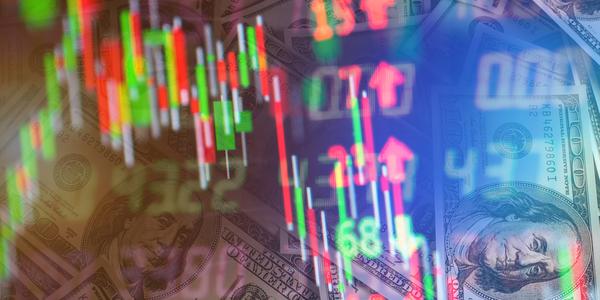Shayne Coplan, the founder of Polymarket, can take a victory lap alongside Donald Trump, the Republican Party, and the cryptocurrency industry. The 2024 U.S. election has cemented prediction markets as a clear winner in this year’s elections.
A Surprisingly Strong Showing for the GOP
The Republican Party’s surprisingly strong showing on Tuesday night came as a shock to those who only relied on mainstream media, pollsters, and pundits for information. However, for those who had been watching the odds on Polymarket, Kalshi, PredictIt, and similar betting sites over the course of the year, the results were long within the realm of possibility.
The Markets Were Far and Away the Best Forecast
According to Koleman Strumpf, a professor of economics at Wake Forest University in North Carolina, "the markets were far and away the best forecast of the 2024 election." While pollsters said the race was too close to call or favored Democratic nominee Kamala Harris, markets identified Trump as the favorite.
Polymarket’s Vindication
Several weeks ago, the mainstream media had been harping on the theory that Polymarket, which runs on crypto rails and has seen billions of dollars in trading volume this year, was being manipulated by pro-Trump forces to inflate his odds. However, none of these claims came to pass.
The Mainstream Media’s Delayed Response
Although the Associated Press had not called the race in the wee small hours of the morning on Wednesday, Polymarket was giving Republican candidate Donald Trump a 98.8% chance of re-taking the White House, up from about 60% 24 hours earlier.
Polls vs. Prediction Markets: A Comparison
For most of the late summer and fall, polls were giving the edge to Democrats, albeit small and sometimes within the margin of error. However, by 1:25 a.m. ET on Wednesday, even the New York Times was giving Trump a greater than 95% chance of victory. The newspaper’s online "needle" was forecasting he would win 306 electoral votes – well more than the 270 needed to win.
The Value of Prediction Markets
Proponents of prediction markets were quick to point out that polls and other forecasting methods still have their place. As Haseeb Qureshi, a managing partner at Dragonfly (and investor in Polymarket), said, "the lesson is that markets are great and forecasts are an input to those markets." Both are valuable, and in this case, they didn’t disagree by much.
The Role of Prediction Markets in the 2024 Election
Aaron Brogan, a lawyer who has studied prediction markets, cautioned against making sweeping conclusions from the fresh data. According to Brogan, "this outcome is consistent with both the prediction market accuracy and an unremarkable polling error modestly biasing traditional polling aggregates."
The Future of Prediction Markets
Participants in these markets could be forgiven for feeling vindicated right now. As Hart Lambur, co-founder of UMA Protocol, a decentralized oracle service that referees outcomes and disputes for Polymarket, said, "prediction markets work." Polymarket (and others) literally "predicted" that Trump was most likely to win, when traditional polls said the race was a toss-up.
Conclusion
The 2024 U.S. election has cemented prediction markets as a clear winner in this year’s elections. The vindication comes after several weeks of criticism and skepticism from mainstream media outlets. As the value of prediction markets continues to grow, it is essential to recognize their potential in providing accurate forecasts and insights into future events.
Recommendations for Future Research
While the outcome of the 2024 election has provided valuable insights into the accuracy of prediction markets, further research is needed to fully understand their potential. Some recommendations for future research include:
- Comparative analysis: Conduct a comparative analysis between prediction markets and traditional polling methods to identify areas where each excels.
- Long-term tracking: Track the performance of prediction markets over an extended period to determine their consistency and accuracy.
- Investigation into biases: Investigate potential biases in prediction markets, such as those related to funding or manipulation.
By continuing to explore and understand the value of prediction markets, we can unlock their full potential and provide more accurate forecasts for future events.



